Concerns in Ontario: What Lowering Psychology Licensure Standards Means
Psychologists are experts in the realm of mental health and psychological well-being. They’re tasked to help the most vulnerable populations who seek professional help. As such, the licensing required to become a Clinical Psychologist is strict and lengthy, ensuring the utmost standards of care and professionalism. But as of recently, the College of Psychologists and Behaviour Analysts of Ontario (CPBAO) and the College of Psychologists (CPA) have proposed a significant reduction in training to become fully licensed, opening the floodgates to immense controversy and protest from within the field.
How To Become a Clinical Psychologist in Ontario?
Before this proposal, becoming an autonomous Clinical Psychologist required years of education, training, supervision and exams. The requirements are as follows:
● 4-year undergraduate program
● 2-year master’s program
● 4-5-year PhD program
● 1 year of supervised practice
● 2 written exams (EPPP and Ethics & Jurisprudence exam)
● an oral examination
This meant that Clinical Psychologists had at minimum 14 years of education and training, not including the exams which maintain ethical standards. Ultimately, this rigorous and long process was set in place to ensure the safety and well-being of clients, who sought professional help for very vulnerable problems.
How Will The New Proposal Change Requirements?
Now, the CPBAO has significantly changed the requirements for obtaining licensure as a psychologist. More specifically, the level of training and education has dropped immensely:
● No PhD requirement
● No oral examination
● No proctored ethics exam (instead, learning modules are being proposed)
● No post-master’s supervision
● Over 3,000 hours of courses, practica, & residency removed (Master’s students will be required to have only one practicum placement).
That’s right – that’s an enormous slash in years of experience and education, ultimately meaning that becoming a Clinical Psychologist – being able to assess, diagnose and treat patients – takes about 2 years after an undergraduate degree.
How This Will Impact Clients & The Field of Psychology
Mental illness is a delicate subject – years of misinformation and a lack of awareness have perpetuated stigmas and improper treatments for clients – leading to poor outcomes and significant distress. Improper treatment in the realm of psychology isn’t just about making a client upset – many times, it’s a matter of life and death. Clinical Psychologists are trained to treat a wide range of mental health concerns, whether it be milder, more manageable problems, or severely dysfunctional mental illness – one that may involve difficulty maintaining an adequate quality of life. In cases like these, having a trained and educated psychologist is essential, for not only the individual, but for the well-being and health of society as a whole. This reduction in standards – this drastic change in the training it takes to become a psychologist – would certainly have negative impacts on public health. While it aims to address issues with a shortage of psychologists, most in the field agree that slashing years of education and training is not the answer.
Author: Ryan Elahi
Reviewed by Dr. Sarah Haller, C. Psych, Clinical Psychologist
